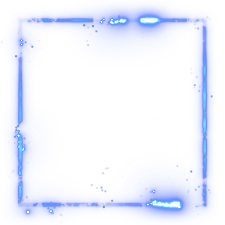Install Steam
login
|
language
简体中文 (Simplified Chinese)
繁體中文 (Traditional Chinese)
日本語 (Japanese)
한국어 (Korean)
ไทย (Thai)
Български (Bulgarian)
Čeština (Czech)
Dansk (Danish)
Deutsch (German)
Español - España (Spanish - Spain)
Español - Latinoamérica (Spanish - Latin America)
Ελληνικά (Greek)
Français (French)
Italiano (Italian)
Bahasa Indonesia (Indonesian)
Magyar (Hungarian)
Nederlands (Dutch)
Norsk (Norwegian)
Polski (Polish)
Português (Portuguese - Portugal)
Português - Brasil (Portuguese - Brazil)
Română (Romanian)
Русский (Russian)
Suomi (Finnish)
Svenska (Swedish)
Türkçe (Turkish)
Tiếng Việt (Vietnamese)
Українська (Ukrainian)
Report a translation problem


 Vatican City State (Holy See)
Vatican City State (Holy See) 






















Kısaca O.E
• duRush : √
• Zérafét : √
• Létafét : √
• Uyum : √
• HéRbishi : √
Test EdiLdi, 0nayLandı √ 10№
KusuRsuz
qarisma 0ranı...
██████████ 99%
güzelik 0ranı...
███████████ 96%
Cix 0ranı...
████████████ 100%
Sempatyy 0ranı...
█████████████ 99%
T0pLam s0nuç...
██████████████ 100%
NAZAR DUASI
ﺑِﺴْﻢِ ﺍﻟﻠﻪِ ﺍﻟﺮَّﺣْﻤﻦِ ﺍﻟﺮَّﺣِﻴﻢِِ ﻭَﻭَﺻَّﻴْﻨَﺎ
ﺍﻟْﺈِﻧﺴَﺎﻥَ ﺑِﻮَﺍﻟِﺪَﻳْﻪِ ﺣُﺴْﻨﺎ"
ma$aLLaH YaQıy(99-89) h.o.